Home>Articles>How Long Can Spaghetti Sauce Last In The Freezer
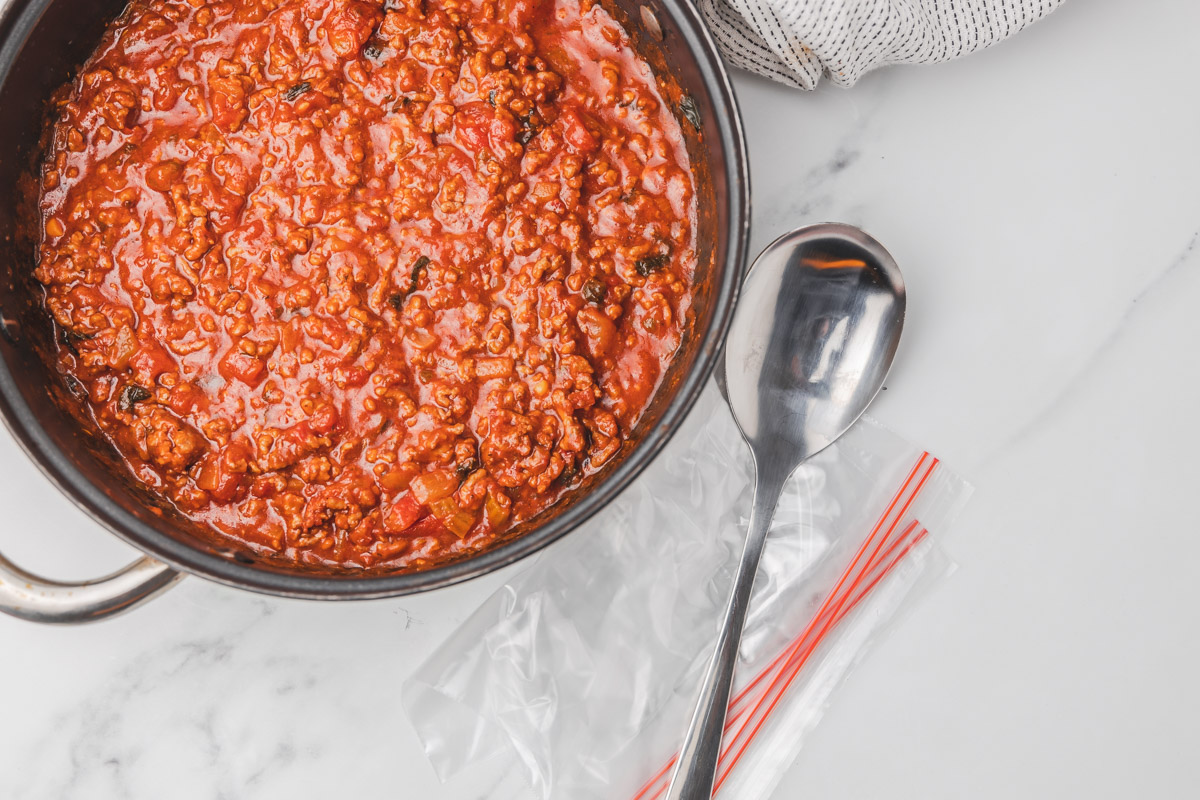

Articles
How Long Can Spaghetti Sauce Last In The Freezer
Modified: August 16, 2024
Discover how long spaghetti sauce can last in the freezer and keep your articles fresh for longer with these helpful tips.
(Many of the links in this article redirect to a specific reviewed product. Your purchase of these products through affiliate links helps to generate commission for Storables.com, at no extra cost. Learn more)
Introduction
Spaghetti sauce is a versatile and delicious staple in many households. Whether you prefer a classic marinara, a hearty meat sauce, or a robust arrabbiata, having a batch of homemade spaghetti sauce ready to go can be a time-saving convenience. However, there are often instances where you may end up with more sauce than you can use in one sitting. In these cases, freezing the excess sauce is a great way to preserve it for future meals.
But just how long can spaghetti sauce last in the freezer? This article will explore the factors that affect the shelf life of spaghetti sauce in the freezer, provide tips on proper storage techniques, and guide you on how to determine if your frozen spaghetti sauce is still safe to consume. Additionally, we will share creative ways you can utilize frozen spaghetti sauce in your cooking. So, let’s dive in!
Key Takeaways:
- Properly frozen spaghetti sauce can last 3 to 6 months in the freezer, but for optimal flavor, it’s best to consume it within the first 3 months. Follow proper storage techniques to maintain its quality.
- Utilize frozen spaghetti sauce in creative ways, such as pizza sauce, stuffed bell peppers, and meatball subs. Experiment and let your culinary imagination run wild for quick and delicious meals.
Read more: How To Store Spaghetti Sauce
Factors Affecting the Shelf Life of Spaghetti Sauce in the Freezer
The shelf life of spaghetti sauce in the freezer can vary depending on several factors. These factors include:
- Ingredients: The ingredients used in the sauce can play a role in how long it can last. For example, tomato-based sauces tend to freeze well and can last longer compared to cream-based or cheese-based sauces.
- Storage Container: The type of container you use to store the spaghetti sauce can affect its shelf life. It is important to use airtight and freezer-safe containers to prevent freezer burn and minimize the risk of any contamination.
- Temperature and Freezer Quality: The temperature of your freezer and its overall quality can impact the longevity of your spaghetti sauce. It is essential to maintain a consistent temperature of 0°F or below to ensure the sauce stays frozen and does not undergo any temperature fluctuations.
- Quality of the Sauce: The quality of the sauce at the time of freezing also plays a role. If the sauce has been stored for a long time before freezing, or if it contains ingredients that are close to their expiration date, it may not last as long in the freezer.
While these factors can influence the shelf life of spaghetti sauce in the freezer, it is important to note that properly frozen and stored spaghetti sauce can typically last anywhere from 3 to 6 months. However, for optimal flavor and quality, it is recommended to consume the sauce within the first 3 months of freezing.
Next, we will discuss the proper storage techniques that can help extend the shelf life of frozen spaghetti sauce.
Proper Storage Techniques for Freezing Spaghetti Sauce
Proper storage techniques are crucial to ensure that your spaghetti sauce maintains its quality and taste while frozen. Follow these steps to properly freeze and store your spaghetti sauce:
- Cool the Sauce: Allow the freshly cooked spaghetti sauce to cool completely before transferring it to containers for freezing. Cooling the sauce helps prevent condensation and ice crystals from forming, which can affect the texture and taste of the sauce.
- Choose the Right Container: Select freezer-safe containers or resealable bags that are specifically designed for freezing. Make sure the containers are airtight and leak-proof to prevent moisture from entering and freezer burn from occurring. Consider portioning the sauce into smaller containers for easier defrosting and individual servings.
- Label and Date: Clearly label each container or bag with the contents and date of freezing. This will help you keep track of the sauce and ensure that you use it within the recommended timeframe.
- Properly Store in the Freezer: Place the sauce containers in the coldest part of your freezer, away from any potential sources of heat or temperature fluctuations. Stacking the containers neatly will help save space and make it easier to locate them later.
By following these storage techniques, you can help preserve the flavor and quality of your spaghetti sauce while it is frozen. However, it is important to note that the sauce may undergo slight changes in texture and flavor after freezing, so it is best to use it within the recommended timeframe for the best results.
In the next section, we will explore how to determine if your frozen spaghetti sauce is still safe to consume.
How to Determine if Frozen Spaghetti Sauce Is Still Safe to Consume
When it comes to frozen spaghetti sauce, it is important to ensure that it is still safe to consume before using it in your meals. Here are a few ways to determine if your frozen spaghetti sauce is still good:
- Visual Inspection: Thaw the sauce in the refrigerator and visually inspect it for any signs of spoilage. Look for discoloration, mold growth, or an off smell. If you notice any of these signs, it is best to discard the sauce.
- Taste Test: Once the sauce has thawed, give it a taste test. If it tastes off or has a strange texture, it is an indication that the sauce has deteriorated and should not be consumed.
- Follow Timeframe Guidelines: As mentioned earlier, frozen spaghetti sauce typically has a shelf life of 3 to 6 months. If your sauce has been frozen for longer than the recommended timeframe, it is best to err on the side of caution and discard it.
It is crucial to prioritize food safety and not consume any frozen spaghetti sauce that shows signs of spoilage or has exceeded the recommended storage timeframe. Proper storage and timely consumption are key to ensuring the safety and quality of your sauce.
Now that we know how to determine if our frozen spaghetti sauce is still safe, let’s move on to some tips for optimal freezing and thawing.
Spaghetti sauce can last in the freezer for up to 3 months. Be sure to store it in an airtight container to prevent freezer burn. Label the container with the date to keep track of how long it’s been frozen.
Tips for Optimal Freezing and Thawing of Spaghetti Sauce
To maximize the quality and convenience of your frozen spaghetti sauce, consider these tips for optimal freezing and thawing:
- Portion Control: Divide the sauce into smaller portions before freezing. This allows you to thaw only the amount you need for a particular meal, preventing unnecessary waste.
- Freeze Flat: If you’re using resealable bags, consider freezing them flat. This will save space in your freezer and allow for quicker thawing when needed.
- Label and Date: Always label each container or bag with the contents and date of freezing. This helps you keep track of how long the sauce has been frozen and eliminates any confusion.
- Thaw Gradually: When it’s time to use the sauce, thaw it gradually in the refrigerator. This slow thawing process ensures that the sauce remains safe to consume and helps maintain its flavor.
- Use Cold Water Bath: If you need to thaw the sauce more quickly, you can place the sealed container in a cold water bath. Just make sure the container is fully sealed to prevent water from seeping in.
- Stir and Reheat Properly: Once thawed, give the sauce a gentle stir to redistribute any separated ingredients. When reheating, do so on the stove over low to medium heat, stirring frequently to avoid scorching.
By following these tips, you can ensure that your frozen spaghetti sauce retains its texture, taste, and nutritional value when thawed and reheated. These small steps can make a big difference in the overall quality of your meals.
Now, let’s explore some creative ways to use your frozen spaghetti sauce.
Read more: How Long Can Shrimp Last In The Freezer
Creative Ways to Use Frozen Spaghetti Sauce
Frozen spaghetti sauce is a versatile ingredient that can be used in a variety of creative and delicious ways. Here are some ideas to inspire you:
- Pizza Sauce: Use your frozen spaghetti sauce as a flavorful base for homemade pizzas. Simply spread it onto pizza dough, add your favorite toppings, and bake to perfection.
- Stuffed Bell Peppers: Thaw your spaghetti sauce and mix it with cooked rice and ground meat, then stuff it into bell peppers. Top with cheese and bake until the peppers are tender and the filling is cooked through.
- Baked Pasta: Layer thawed spaghetti sauce with cooked pasta and cheese in a casserole dish. Bake until bubbly and golden for a comforting and hearty baked pasta dish.
- Meatball Subs: Warm up your sauce and use it as a delicious topping for meatball subs. Just heat up some meatballs, place them in a roll, pour the sauce over them, and sprinkle with cheese.
- Stir-Fry Sauce: Thaw the frozen spaghetti sauce and use it as a base for a quick and flavorful stir-fry sauce. Add your choice of protein and vegetables, and serve it over rice or noodles.
- Lasagna: Layer thawed spaghetti sauce with lasagna noodles, cheese, and your favorite fillings to create a mouthwatering lasagna. Bake until the cheese is golden and bubbly for a classic Italian favorite.
These are just a few examples of how you can get creative with your frozen spaghetti sauce. Feel free to experiment and let your culinary imagination run wild. The versatility and convenience of frozen spaghetti sauce make it a go-to ingredient for quick and delicious meals.
Now, it’s time to wrap up.
Conclusion
Freezing spaghetti sauce is a fantastic way to preserve its flavors and extend its shelf life for future use. By understanding the factors that affect the shelf life of frozen spaghetti sauce and implementing proper storage techniques, you can ensure that your sauce remains safe to eat and maintains its quality.
Remember to cool the sauce before freezing, use proper containers, and label and date them for easy identification. Thaw the sauce gradually in the refrigerator or use a cold water bath if you’re in a hurry. Properly thawed sauce can be utilized in various creative ways, such as pizza sauce, baked pasta dishes, stuffed bell peppers, and more.
It’s important to pay attention to any signs of spoilage or if the sauce has been frozen for too long. Trust your senses and taste buds when determining if the sauce is still safe to consume. When in doubt, it’s best to discard it to ensure your health and safety.
So, the next time you find yourself with leftover spaghetti sauce, don’t hesitate to freeze it for later use. Properly frozen and stored spaghetti sauce can bring versatility and convenience to your kitchen, making meal preparation a breeze.
Now that you have the knowledge to properly freeze, store, and utilize frozen spaghetti sauce, it’s time to get creative in the kitchen and enjoy the delicious benefits of homemade sauce any time you desire.
Frequently Asked Questions about How Long Can Spaghetti Sauce Last In The Freezer
Was this page helpful?
At Storables.com, we guarantee accurate and reliable information. Our content, validated by Expert Board Contributors, is crafted following stringent Editorial Policies. We're committed to providing you with well-researched, expert-backed insights for all your informational needs.

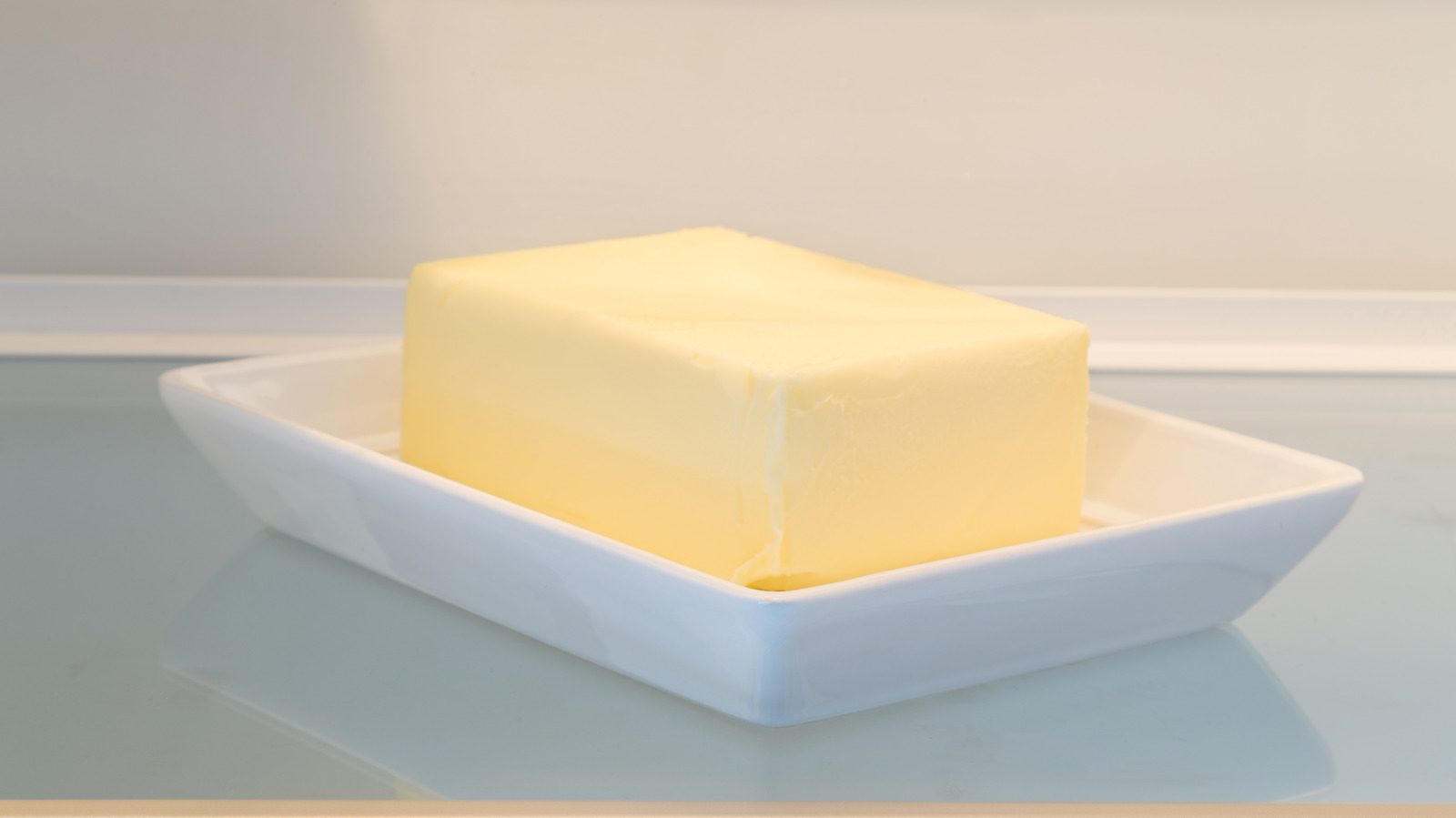
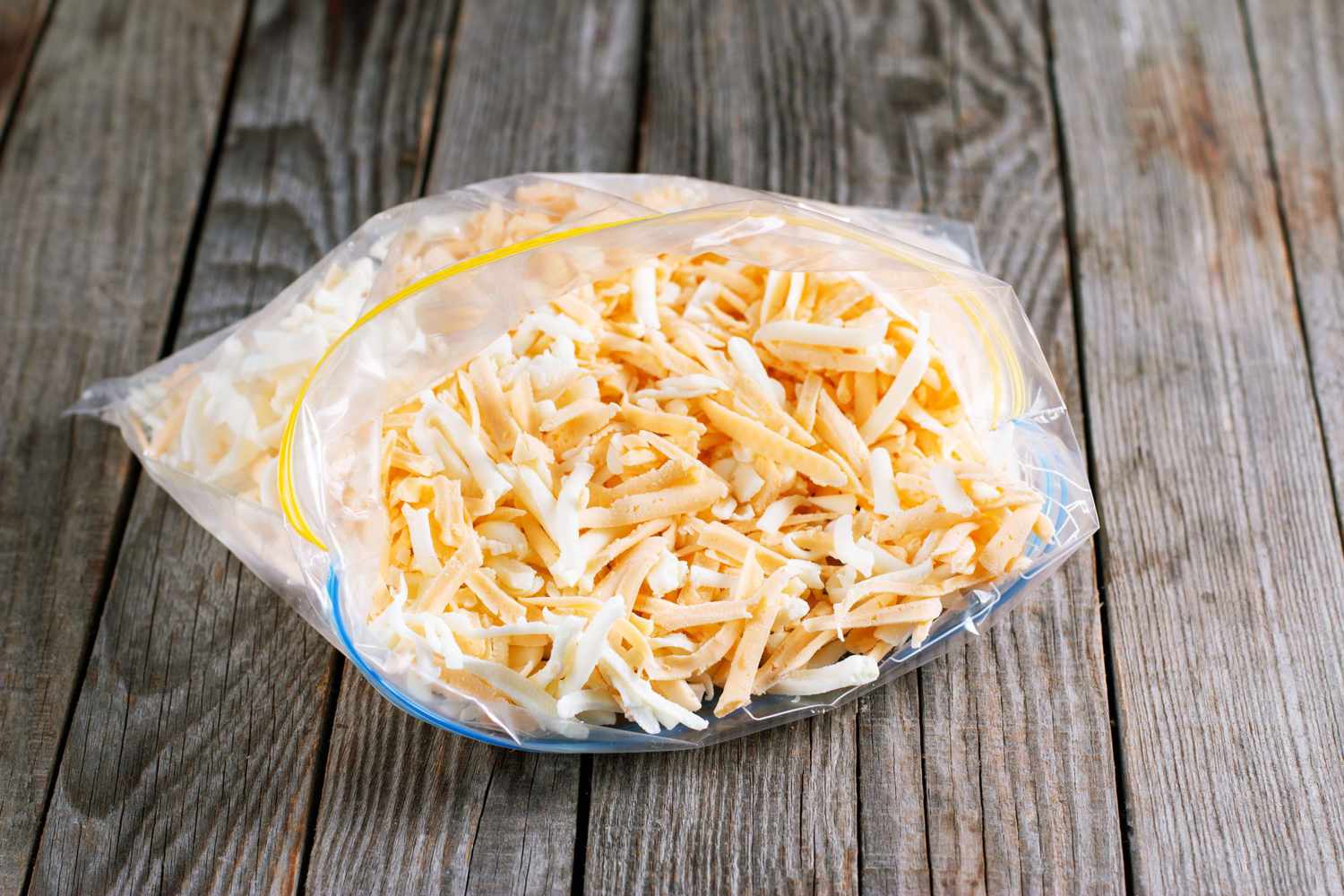


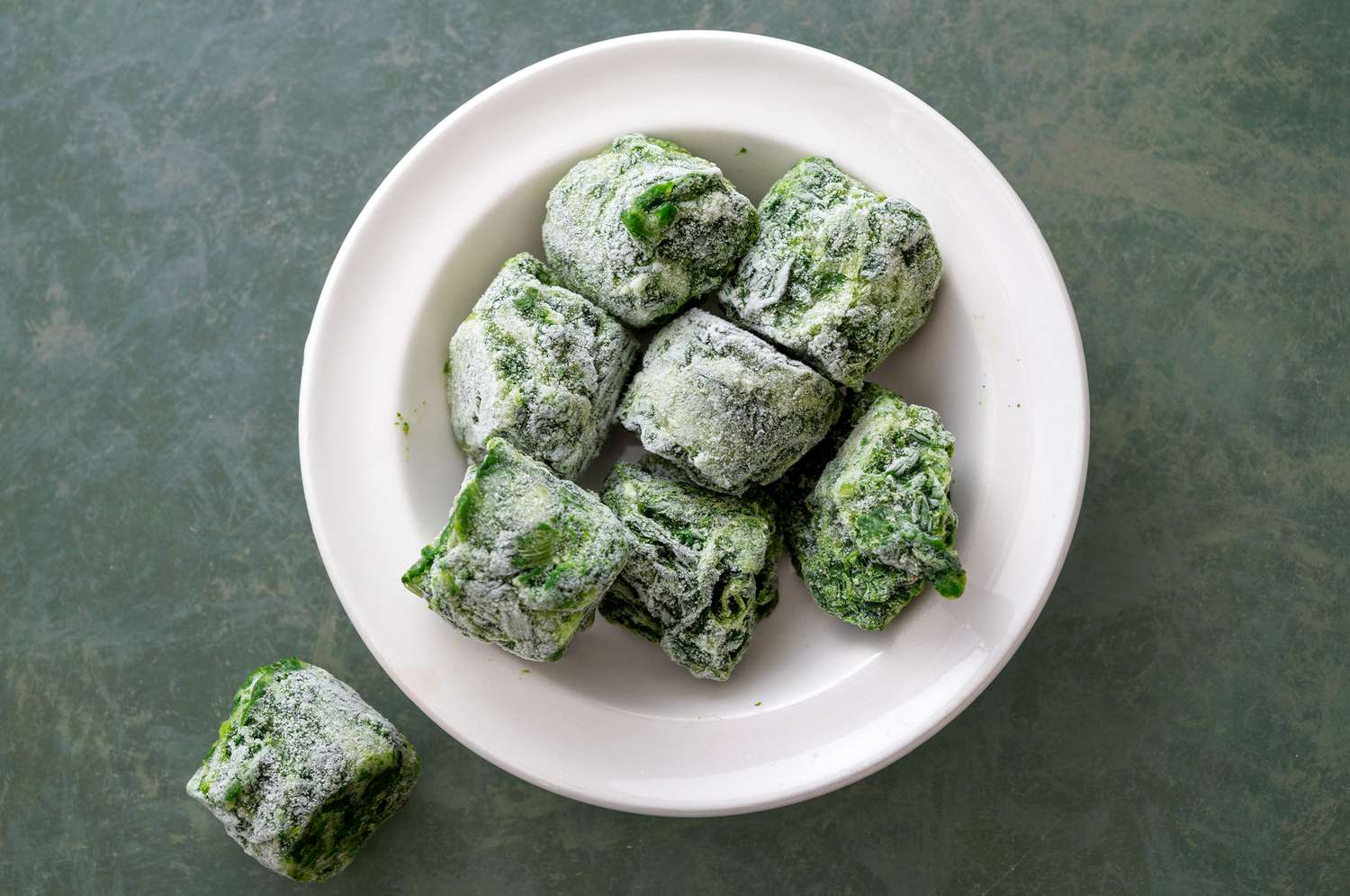
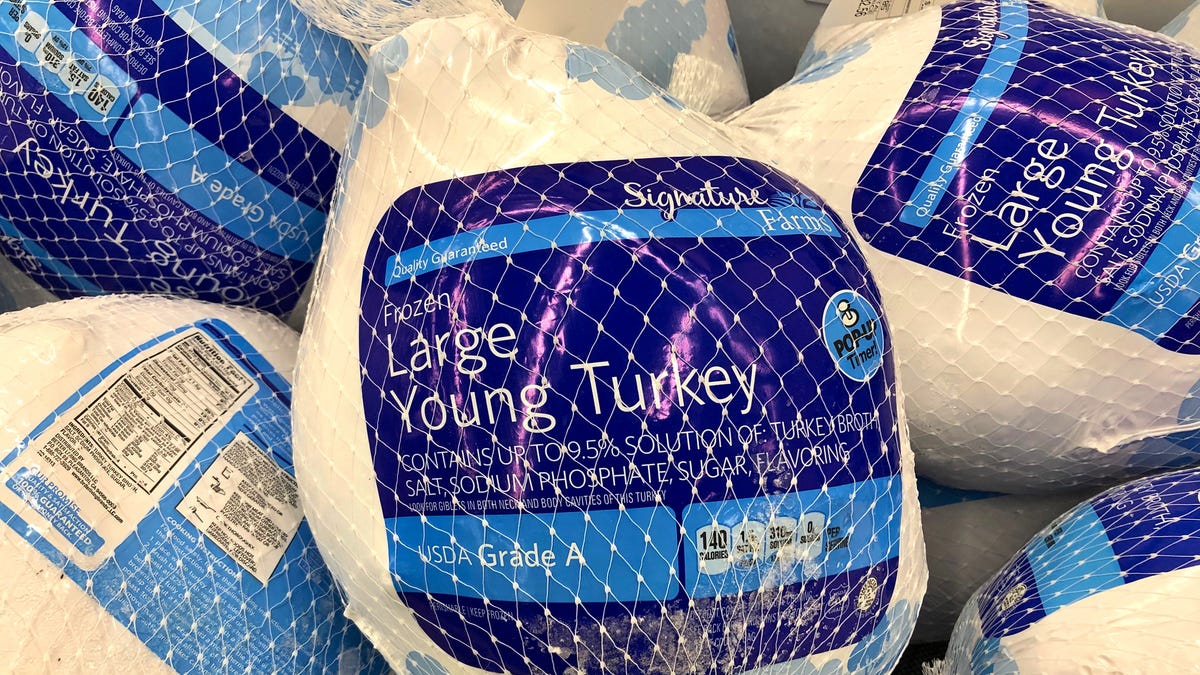
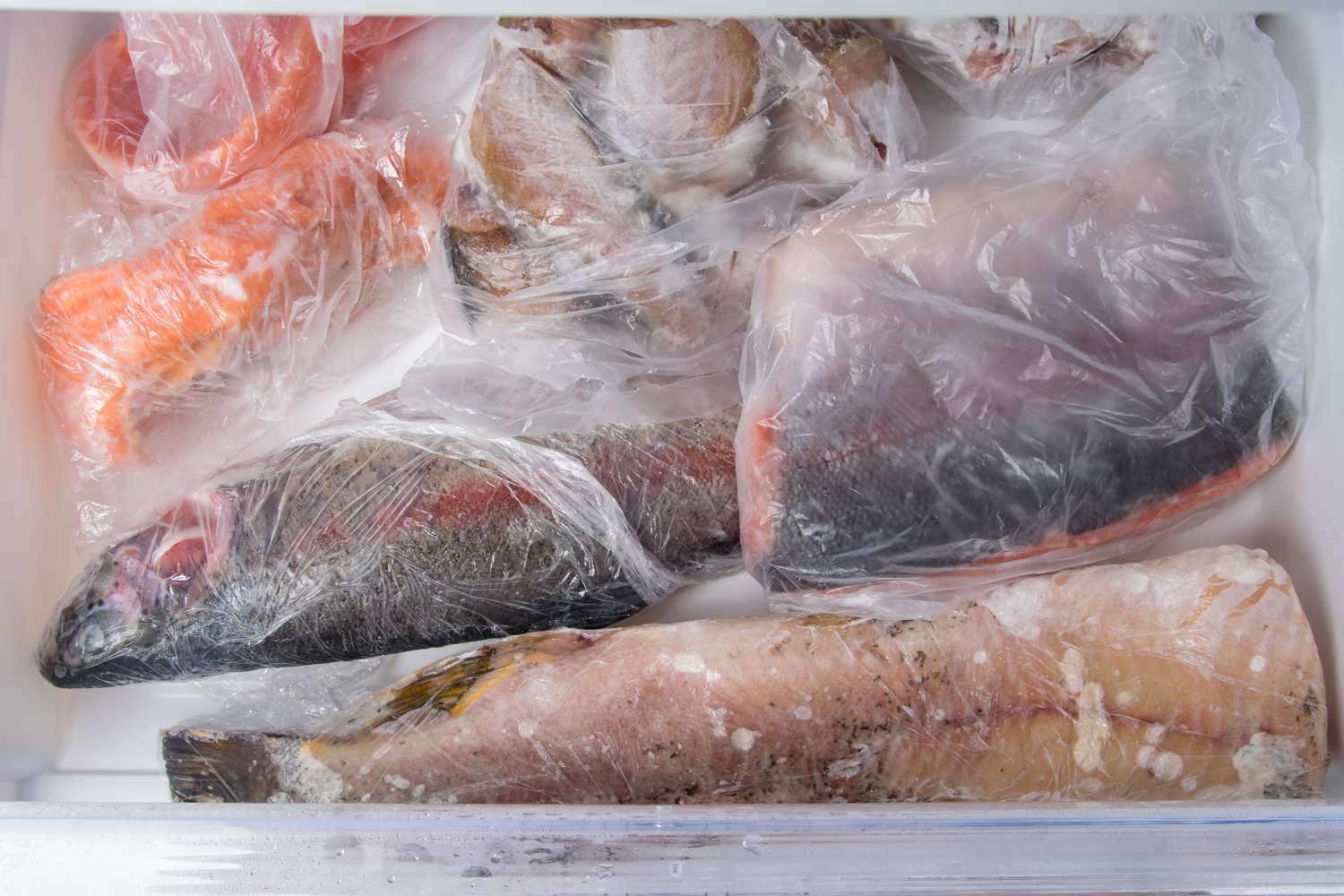
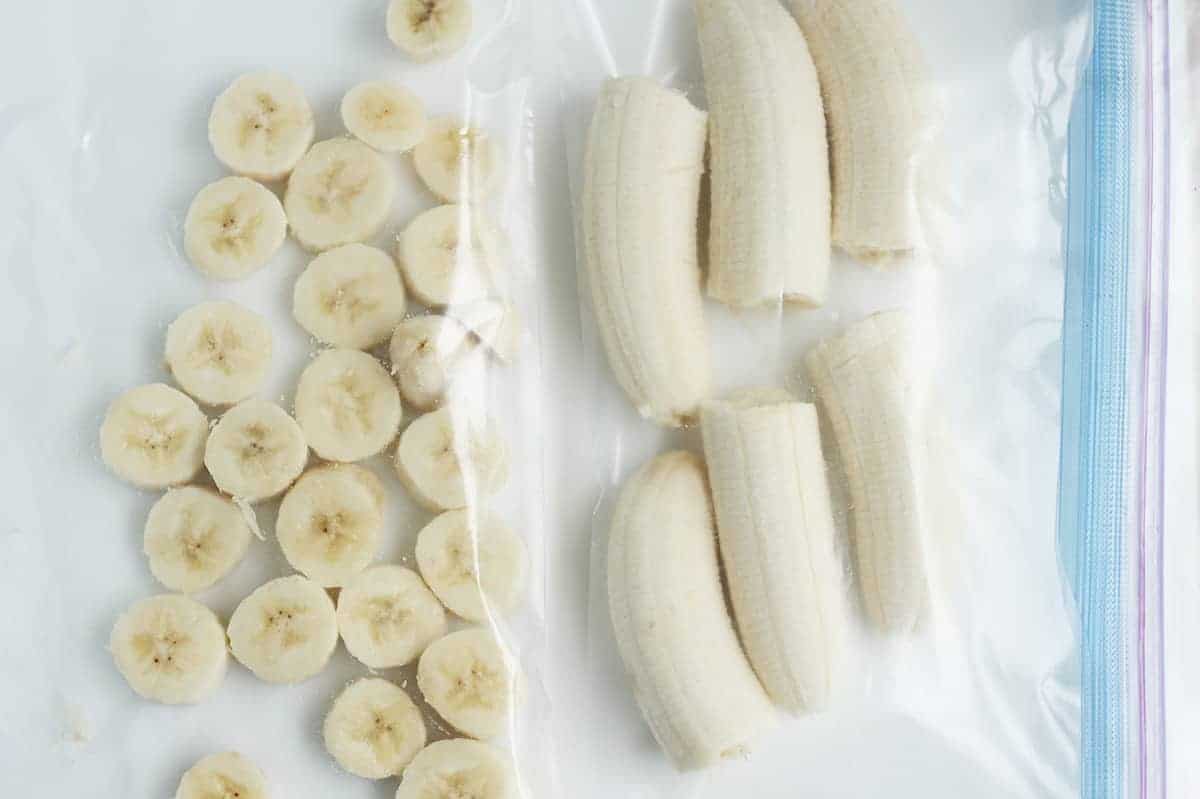
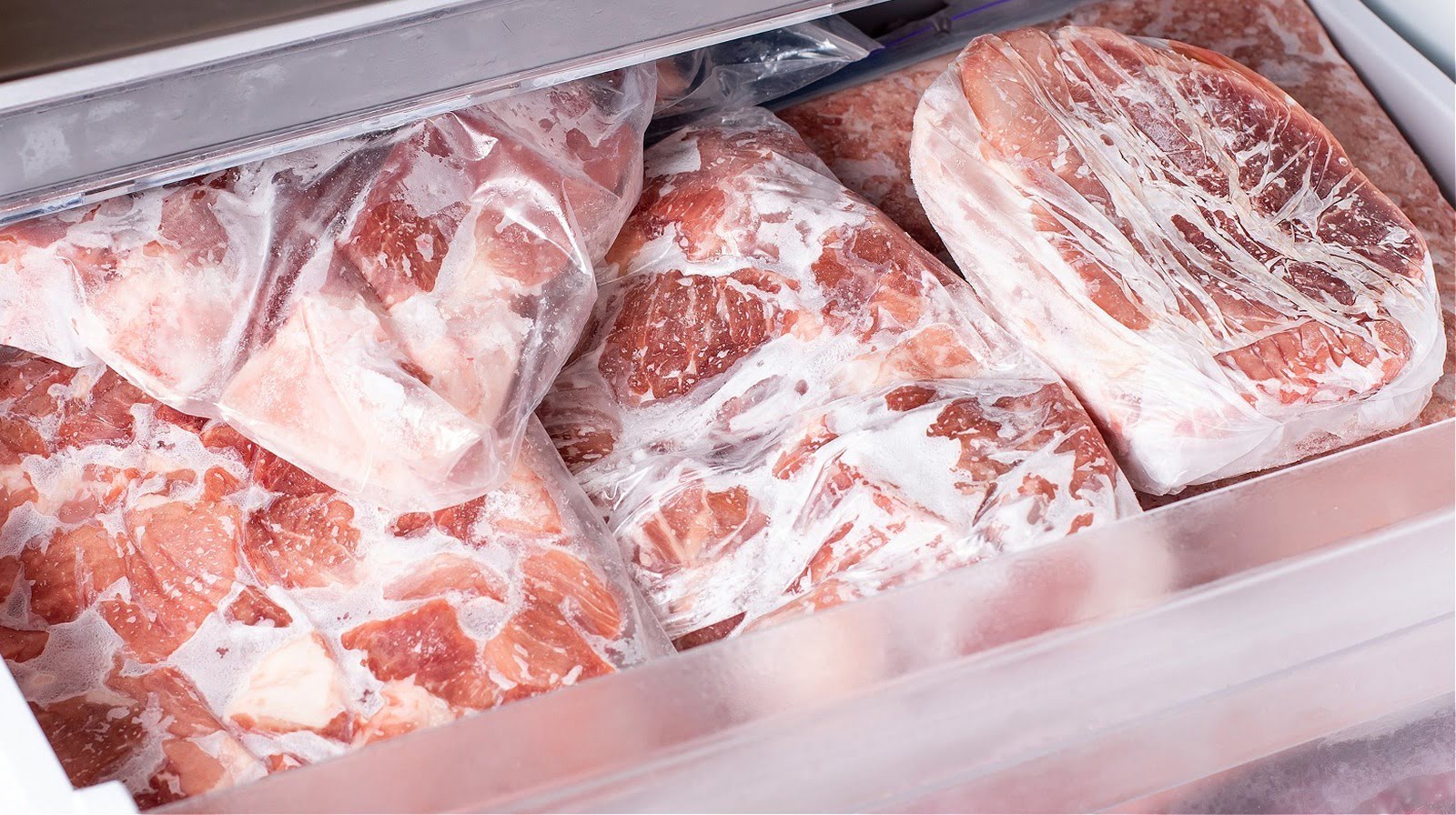

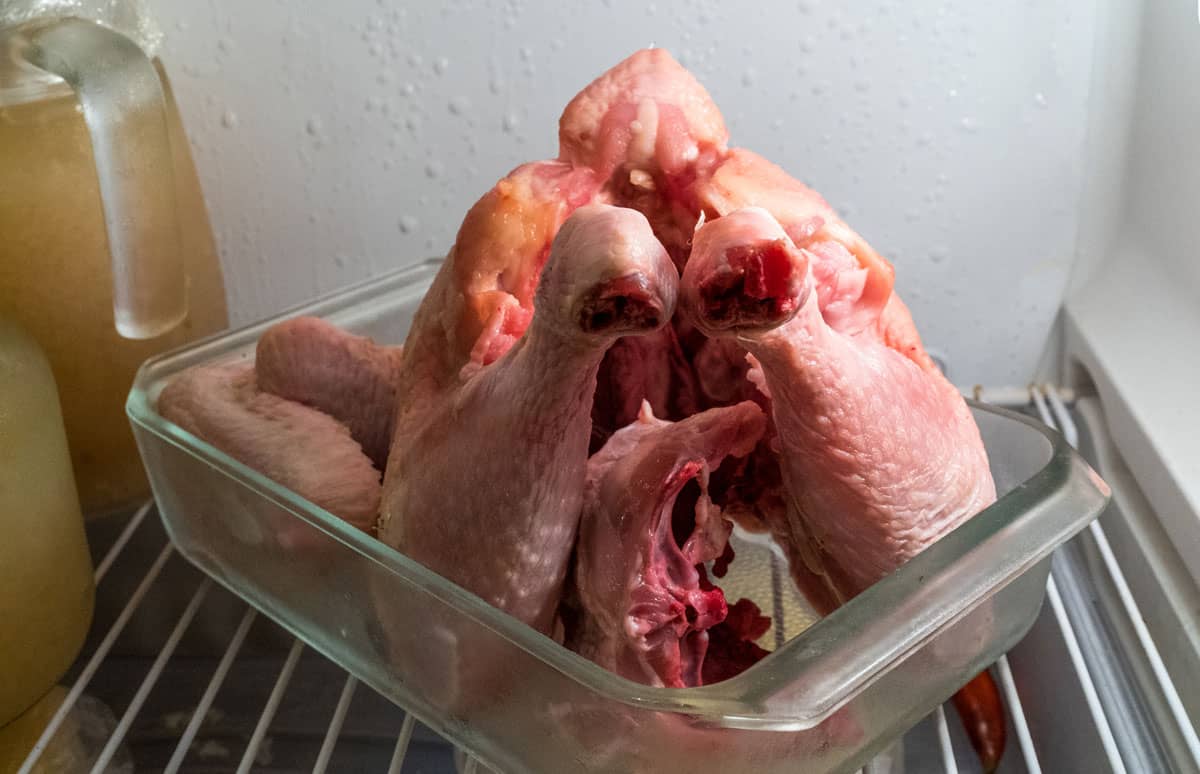
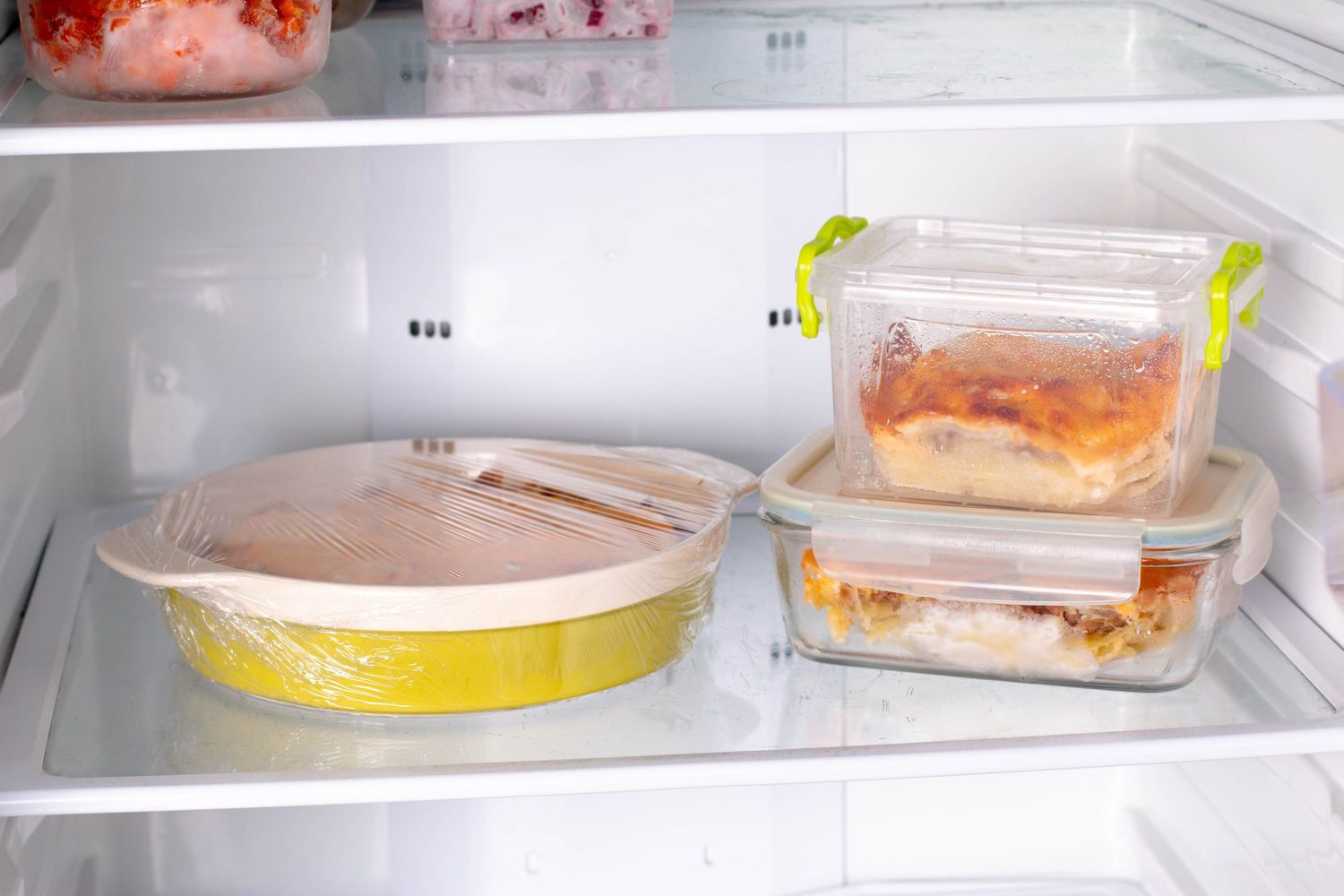
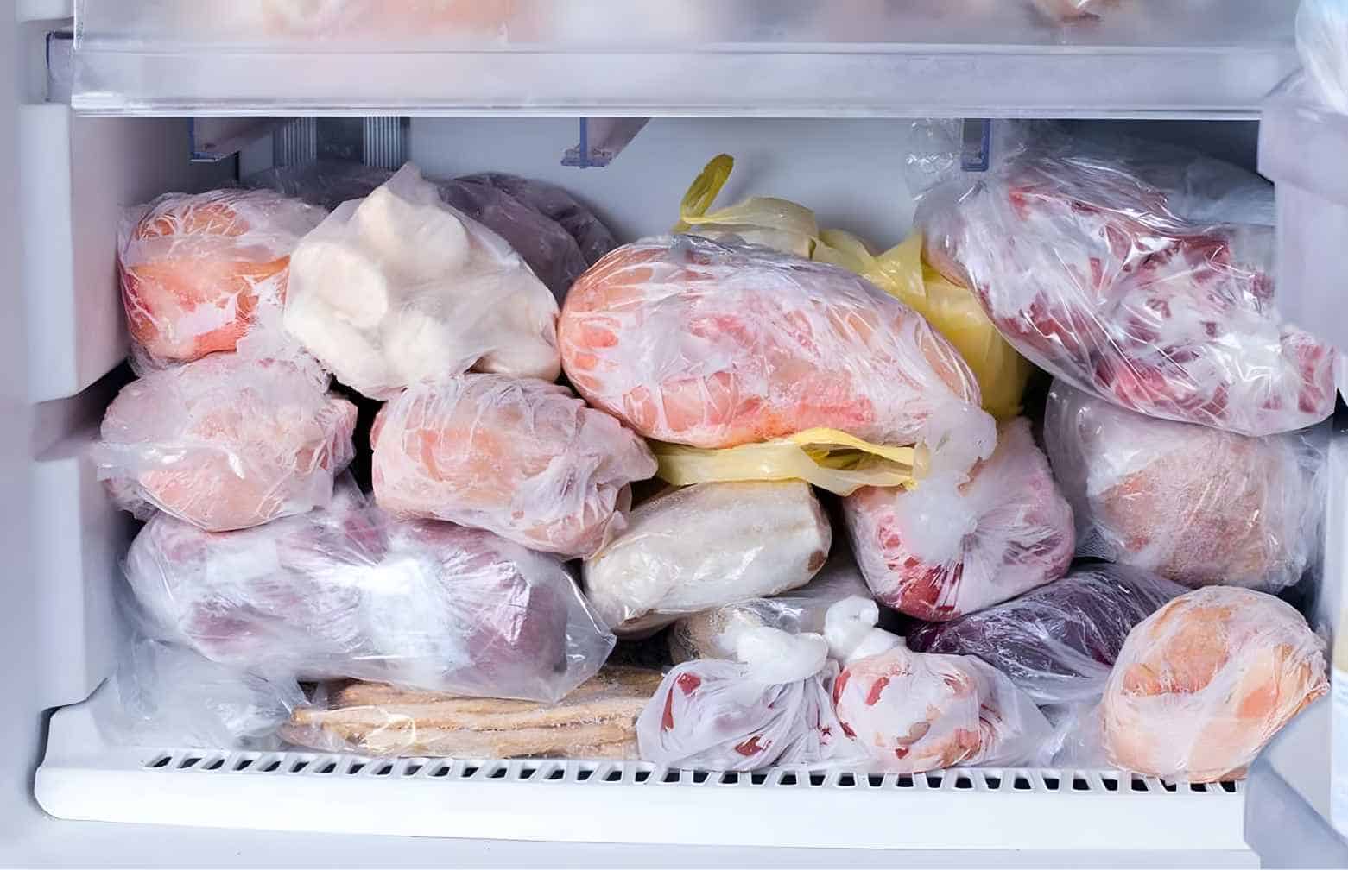

0 thoughts on “How Long Can Spaghetti Sauce Last In The Freezer”